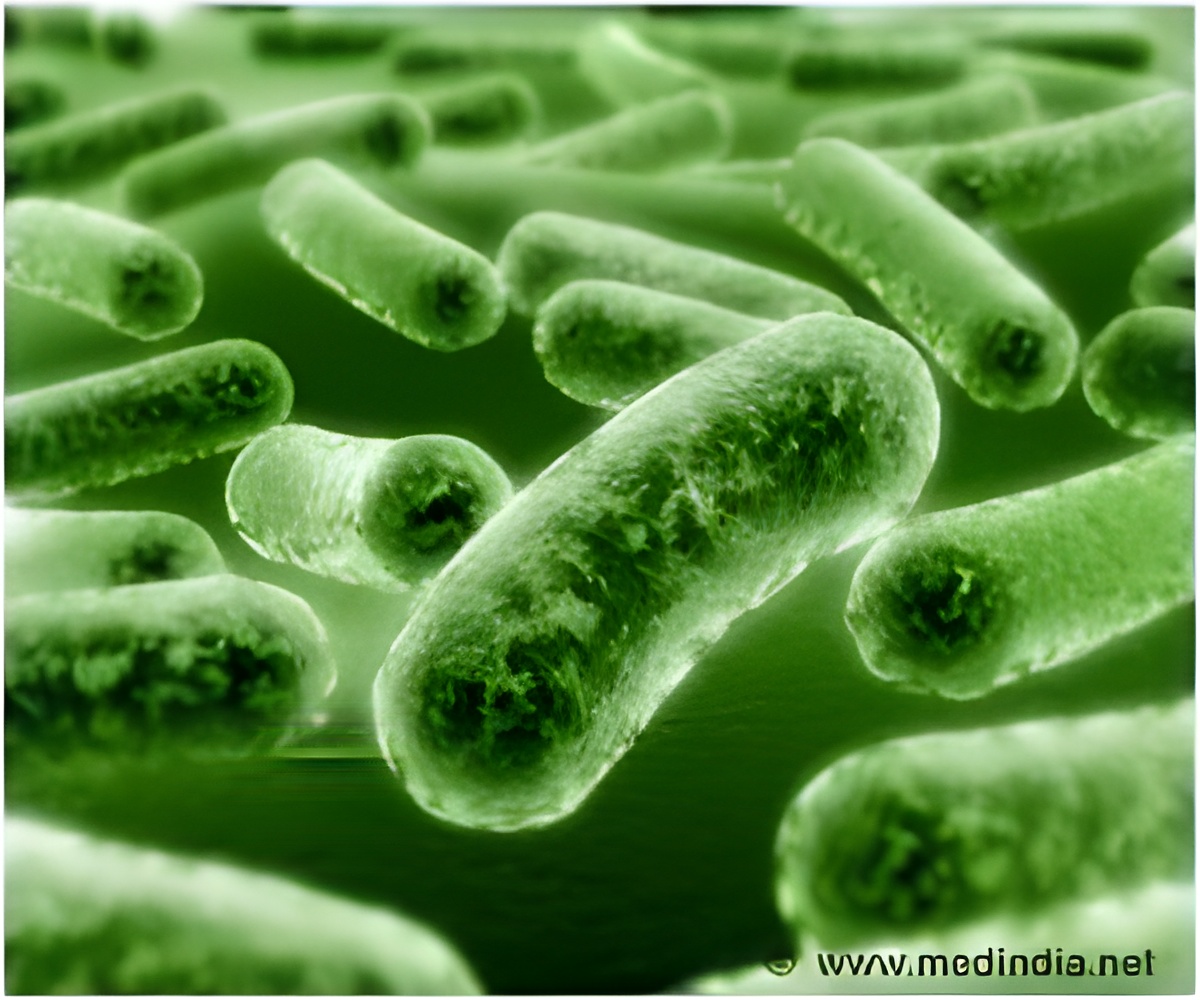Polyhexamethylene-guanidine hydrochloride (PHMGH)-based disinfectant Akwaton is effective in destroying Bacillus subtilis spores.
A new study published in the Journal of Medical Microbiology reveals that polyhexamethylene-guanidine hydrochloride (PHMGH)-based disinfectant Akwaton is not only effective in destroying Bacillus subtilis spores at low concentrations but is also non-toxic to humans.
The study was conducted by researchers at Université de Saint-Boniface in Winnipeg, Canada, who tested the effectiveness of Akwaton against B. subtilis spores present on surfaces such as stainless steel and glass and suspended in water. Akwaton is already known to be effective in destroying Methicillin-resistant Staphylococcus aureus and E. coli.
“Bacterial spores demonstrate a remarkable resistance to physical and chemical agents as well as ordinary antiseptics. On top of this micro-organisms are becoming increasingly resistant to disinfectants as well as antibiotics. Our latest study shows Akwaton is effective at destroying these spores as well as bacteria that are known problems in healthcare environments”, lead researcher Mathias Oulé said.
Source-Medindia










